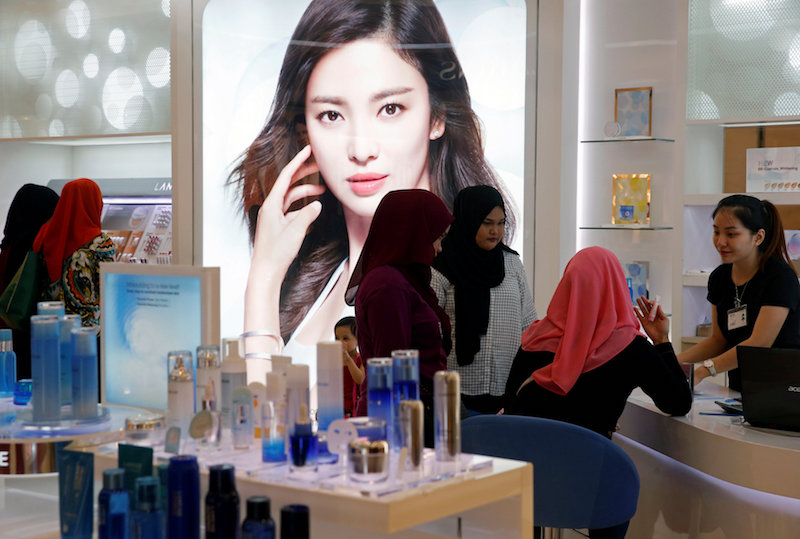BENGALURU, Sept 1 — Malaysia’s halal cosmetics and personal care products are in great demand in India despite the slower sales growth recorded in 2018, said Halal Industry Development Corporation Sdn Bhd (HDC).
Its international footprint manager Mohammad Shukur Sugumaran said Indian importers had expressed strong interest in sourcing such products from Malaysia due to the increasing awareness towards using clean, organic, healthy and safe products, especially among the young generation.
“The demand is huge now in India, and it is not only from the Muslims but also from the non-Muslims,” he told Bernama on the sidelines of the Global Halal India Expo 2019 here today.
Statistics from the HDC Halal Datawarehouse System showed halal exports to India jumped 12 per cent to RM1.59 billion in 2018 from RM1.43 billion in the previous year.
However, exports of halal cosmetics and personal care products slid to RM166.0 million from RM172.93 million in 2017.
Apart from halal cosmetics and personal care items, Mohammad Shukur, who had met several Indian importers in conjunction with the three-day expo here, divulged that Muslim modest fashion was also an emerging product that was on importers’ radar.
“I was informed that younger generation Muslims have become more interested in dressing up modestly like what is required by the religion but staying modern at the same time,” he said.
He said halal food and beverages (F&B) also remained the top-picked products in the Indian market, despite the strict labelling regulations imposed by the country’s food regulatory body, the Food Safety and Standards Authority of India.
“Many Malaysian F&B products such as Hup Seng crackers, Lingham’s chilli sauce and Miaow Miaow snacks are doing very well in India,” he noted.
Other halal items like chocolates, toiletries, baby products, women’s personal hygiene products, Muslim women’s sportswear and non-pigskin furniture were also in huge demand in the republic, he added.
Meanwhile, in a statement, HDC acting chief executive officer Hairol Ariffien Sahari said currently, there were about 180 million Muslim population in India, which is the second largest after Indonesia.
“Coupled with the booming e-commerce industry in the country, Malaysian firms should really seize the opportunity to tap into one of the world’s most populous countries,” he said.
Citing statistics from a leading source of information on halal industries, Salaam Gateway, Hairol Ariffien said of the US$43 billion (about RM180 billion) worth of cosmetics sold in India in 2015, about US$4.2 billion (RM18 billion) comprised sales to the country’s 180 million Muslims.
“Halal-certified cosmetics were initially made to cater specifically to the Muslim community, but demand from non-Muslim consumers is also on the rise,” he added.
The second edition of the three-day Global Halal India Expo 2019, which ended on Sunday, attracted India’s trade commissions, Islamic chambers of commerce, importers, distributors, buyers and visitors as well as halal-related agencies and organisations. — Bernama






















